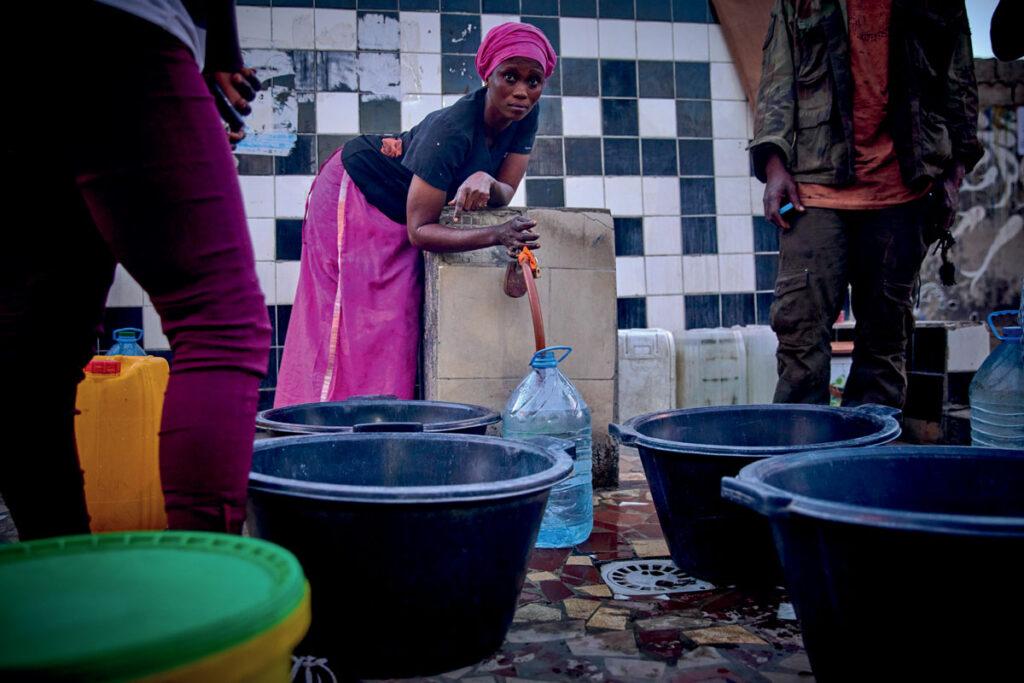[LUM#16] The CHARM of water
Water is one of the three themes proposed to students in the CHARM-EU European Master's program. The Abidjan-based Unesco Chair in "Water, Women and Decision-Making" is a partner of this next graduating class, which will have to take the plunge to meet a very real social challenge.

Abidjan, Ivory Coast. You live in a poor neighborhood just a few meters from the riverbed. In a few days' time, the rainy season will arrive, bringing with it convective storms of the kind sometimes seen in the Mediterranean arc. Except that here, the rain and runoff last for several weeks, and residents are neither prepared nor equipped to cope. How would you go about sheltering your family and neighbors? Additional information: you're a woman.
This is one of the challenges that could be proposed to students in the next intake of the Charm-EU European Master's program. There will be no lectures here , "but real social challenges to be met in relation to sustainable development issues, whether in the North or, as here, in the South", explains hydrologist and teacher Valérie Borrell*. And for this, the researcher already associated with the Icireward center had the idea of calling on Euphrasie Kouassi-Yao, holder of the UNESCO chair " Water, women and decision-making power " located in Abidjan, and its general administrator Alexis Tchiakpe.
Empowering women
This chair, created in 2006, promotes a system integrating research, training and awareness-raising with the aim of involving women, the primary users of water, in the management of this resource in Africa. "This involves training women to manage water installations in a village, for example. This gives them a recognized place in society and is a form of empowerment," explains Valérie Borrell.
The Chair also offers a Master's degree dedicated to water professionals in Africa who wish to learn more about gender issues in order to better identify the levers to be applied. " In certain slots, Charm-EU students will join these African students by videoconference to work on concrete problems," says Valérie Borrell. Students from the university diploma in Digital Expertise for the Protection of Populations and Environments in Southern Metropolises could also be involved in this challenge, contributing their technical engineering skills.
Learning to listen to the players
How will these African, European and international students be invited to build solutions? "Through collaboration and experience sharing. It's not a question of imposing one's point of view, but of listening to each other in order to innovate together", says the researcher. The innovative teaching methods promoted by Charm-EU open the door to a wide range of possibilities in the spirit of the living lab.
If we take flooding as an example, we can design a serious but accessible game that will enable young women to express their views on these issues," continues the teacher. How do they experience flooding? What are their observations? How can they make their families aware of how to protect themselves? Our aim is to ensure that women see themselves in a role they want to play, one that is useful for society, and that our students learn to co-construct innovative and equitable solutions.
*HSM (UM - CNRS - IRD)
UM podcasts are now available on your favorite platforms (Spotify, Deezer, Apple podcasts, Amazon Music...).